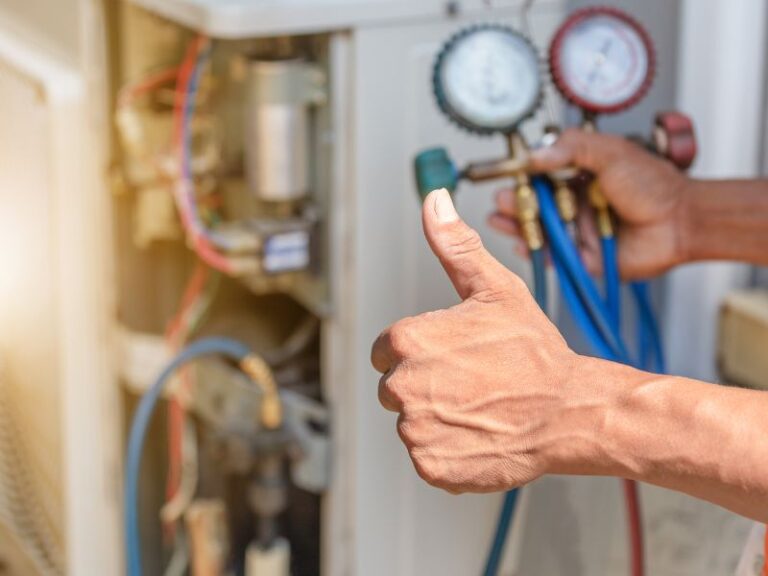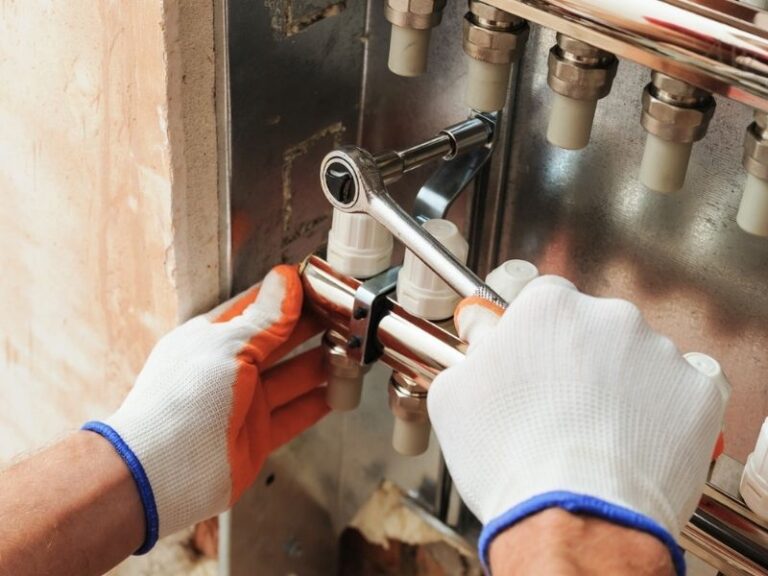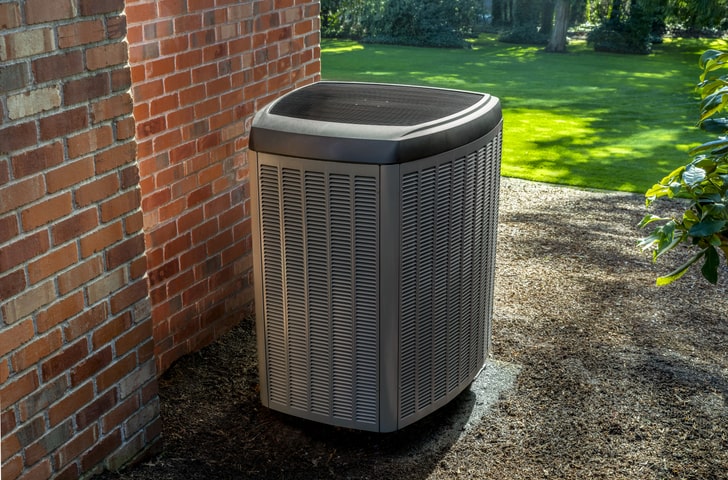
Your heat pump hums through another frigid Midwestern morning, working overtime to keep your Lenexa, KS, home comfortable while ice crystals pattern your windows. Then something shifts. The steady warmth falters, strange noises echo from.....

Is your heating system silently struggling? According to the Department of Energy, neglected furnaces lose up to 25% of their efficiency over time, transforming comfortable winters into costly ordeals. The calendar may be racing toward.....

The temperature outside hovers near freezing as families gather around tables laden with seasonal fare, but something feels off inside your Olathe, KS, home. Your furnace groans like it’s trying to communicate in a language.....

The last thing you want is a furnace that refuses to run when the weather in Shawnee, KS, is cold. Your cozy sanctuary could quickly turn into an uncomfortable chill zone. How do you know.....
Is your water heater in Shawnee, KS, starting to operate erratically? While it might not explode, ignoring the signs of trouble can leave you with cold showers and rising utility bills. Understanding when to repair.....

Is your air conditioner struggling to keep up with the Kansas heat? If you’re in Olathe, KS, and considering an AC replacement, choosing the right system is key. Trane air conditioners are known for their.....